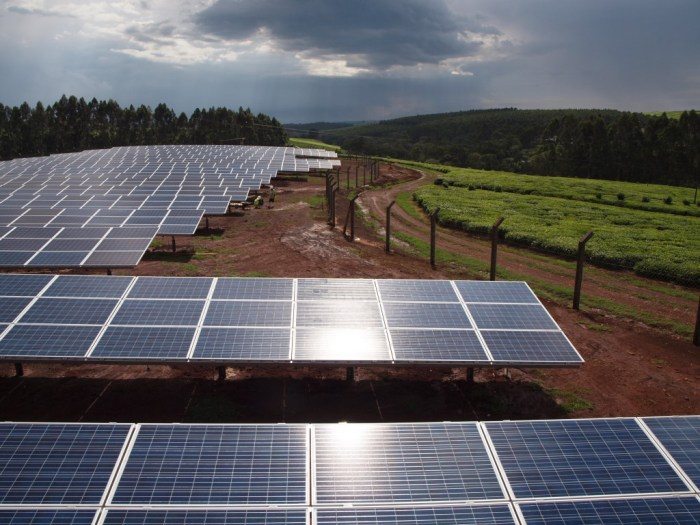A Nairobi-based company is laying down plans to build Kenya’s first large-scale solar energy storage battery to be linked to the national power grid.
Also read:Construction of East Africa’s largest solar farm to start in earnest
Xago Africa is carrying out viability studies for the back-up batteries with help from American investors after showing an expression of interest at the ministry of Energy.
This came after the conclusion of studies for the construction of the 40-megawatt solar power plant.
The solar park is expected to cost $70 million.
Also read:Rural Electrification Authority of Kenya commissions 60KW solar power station in Wajir
“They are at the viability studies phase. The back-up storage technology is fairly welcomed and places Kenya as a regional solar energy hub,” Isaac Kiva, Director of renewable energy at the ministry said.
The development places Kenya among nations presently exploring a variety of technologies for solar power storage on a mass scale, further than smaller solar-powered batteries for cars and homes.
The back-up batteries are intended to guarantee reliable supply of electricity to the grid even during the absence of sunlight. American innovator Elon Musk has been at the head in researching and developing commercial solar batteries through his firm SolarCity.
The Siaya solar farm’s electricity is estimated to be fed to the national grid upon conclusion.
Kenya’s total installed power capacity stands at around 2,400 megawatts, with solar power accounting for less than one percent. It presents a vast market for investors as the nation shifts focus to green energy sources.
Presently, Strathmore University in Nairobi is the sole institution that has linked its 0.6-megawatt solar power plant to the national grid.
Solar experts surmise that Kenya has a high potential given high radiation levels from the sun all through the year.
The intensity of sunlight, not heat levels, decides solar electricity production.
Investors last year applied to develop Kenya’s largest solar energy plants, stressing the growing interest of companies in building sun-powered power stations.
Records at the Energy Regulatory Commission shows that three companies have wanted the greenlight to generate 120 megawatts of solar power.

Leave a Reply